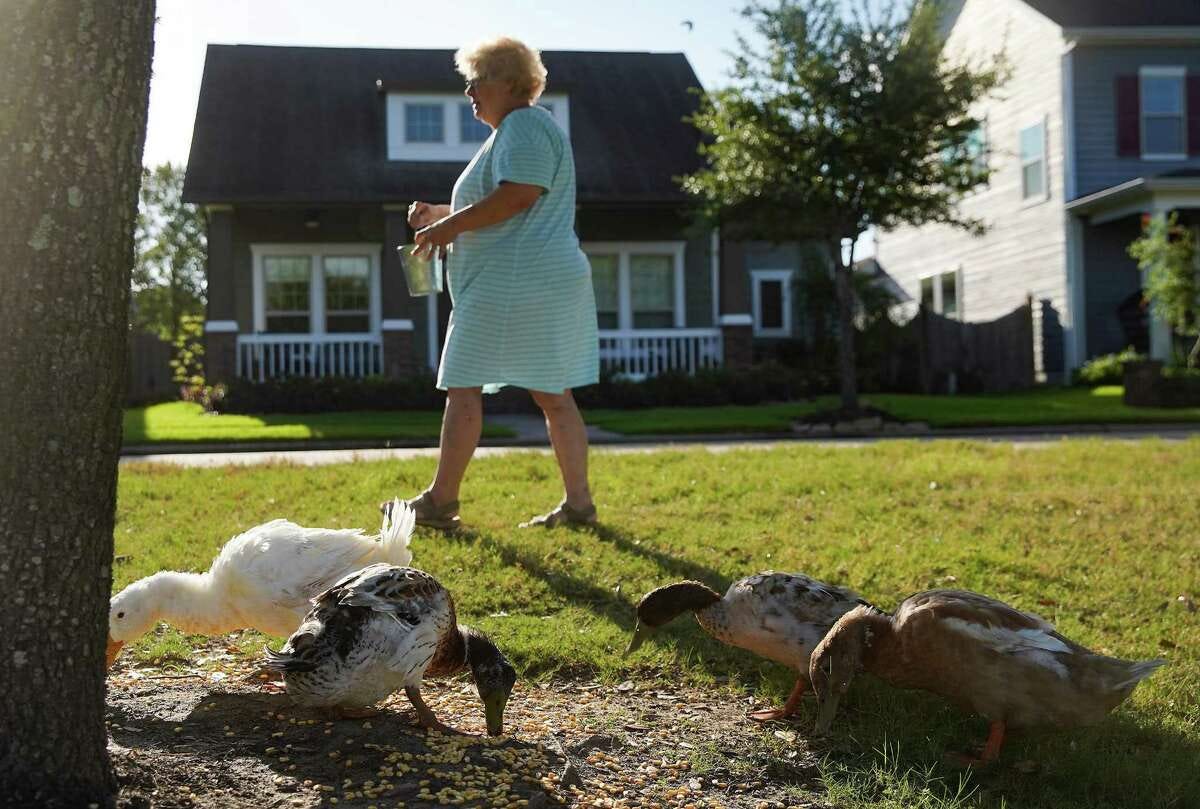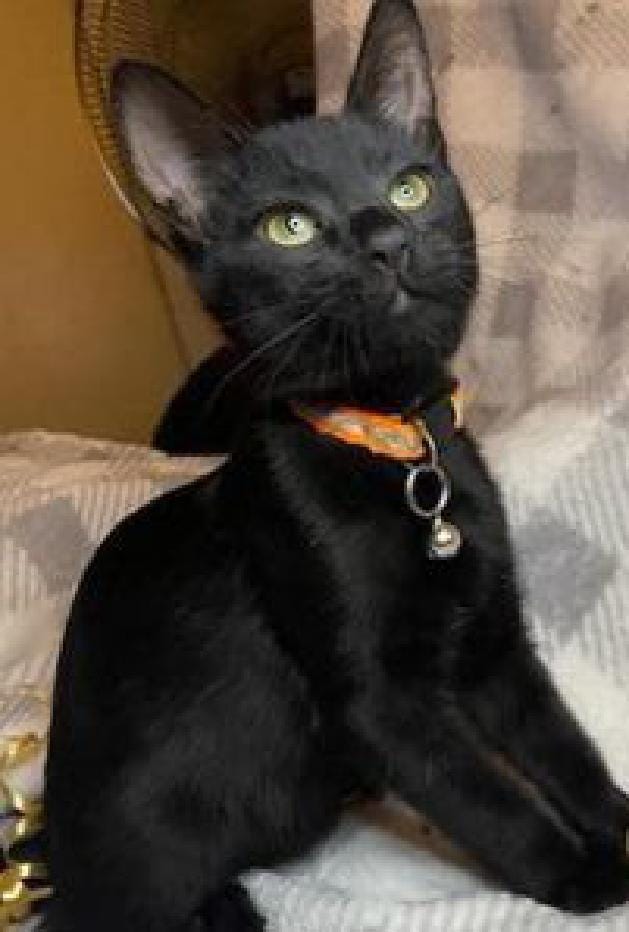
These are some of the stories making headlines in animal protection:
Subscribers can also listen to the podcast above, which includes extended commentary on many issues, including when releasing cats back to their habitats is appropriate and the three kinds of animal shelters: those that embrace the No Kill Equation, achieving placement rates of 99%; those that routinely kill animals because they find killing easier than doing what is necessary to stop it; and, those that close the door to animals in need and tell people who find animals that if they don't want to ignore the animals, they have to take care of them themselves.
For those who want to skip the news and go straight to the main discussion, it begins at the 25:45 mark.
The Board of Commissioners of Durham County, NC, is moving forward. It “unanimously voted… to change the county’s animal control ordinance to pave the way for a trap-neuter-release program.” The organization that runs the shelter says the program means that “Community cats will only be euthanized when deemed ‘medically necessary to prevent physical suffering.’”
Orange County Animal Services in California, by contrast, is going backward. It used to have a TNR program for “feral” cats. The current director canceled it. She falsely claims that TNR is illegal because it amounts to abandonment under the state anti-cruelty laws. As such, OCAS kills impounded cats who are not social with people.
Of course, it is not illegal. As prosecutors across the country have noted, the abandonment statute is,
“[D]irected at those people who dump their pets and those individuals who move from an area and leave their pets behind. If an animal is returned to the area where it is being fed, it would be a greater injustice to find that these animals had been abandoned so that no action to spay/neuter the animals would be taken by anyone.”
Community cat sterilization improves the health and safety of cats by providing a physical exam, vaccinations, and other medical services. But OCAS is unmoved. Arranging for sterilization, post-surgery recovery care, and returning the cats to their habitats requires work. Why let the facts, law, ethics, and good policy stand in the way of lethal injection?
And so, while OCAS chooses to impound (and kill) feral cats, it will not take in friendly stray cats who need homes. Recently, a pregnant cat showed up in the Fullerton yard of a Good Samaritan, who took her in. She quickly gave birth. The woman then did what she thought was responsible: allow the kittens to nurse and then wean before taking them all — mama and kittens — to the shelter. That way, the shelter can put them up for adoption immediately.
But Orange County Animal Shelter has embraced Human Animal Support Services (HASS), which mandates that shelters stop taking in “healthy” stray animals (both dogs and cats), claiming that if people just leave them on the street, “they will find their way home.” The woman who found the cat explained that “Shadow,” the name she gave her, might not have a home. She did not have a collar and tag and was also pregnant. At any rate, the kittens certainly had no home to go to because they were not yet born and would not know where to go even if they did. OCAS was also unmoved here.
Orange County Animal Services has it backward. They do not offer shelter to cats who need it. Those who do not — who instead need to be released back to their habitats — are impounded (and then killed).
As more people turn to rescue and adoption and more shelters embrace progressive policies, the number of communities placing over 95% and as high as 99% of the animals is increasing:
Garfield County, CO, reported a 99% placement rate for dogs, 99% for cats, and 98% for rabbits and other small animals.
Roscommon County, MI, reported a 98% placement rate for dogs and 95% for cats.
Delta County, MI, reported a 99% placement rate for dogs, 98% for cats, and 100% for rabbits and other small animals.
These communities and national data prove that animals are not dying in pounds because there are too many, too few homes, or people don’t want the animals. They are dying because people in those pounds are killing them. Replace those people, implement the No Kill Equation, and we can be a No Kill nation today.













